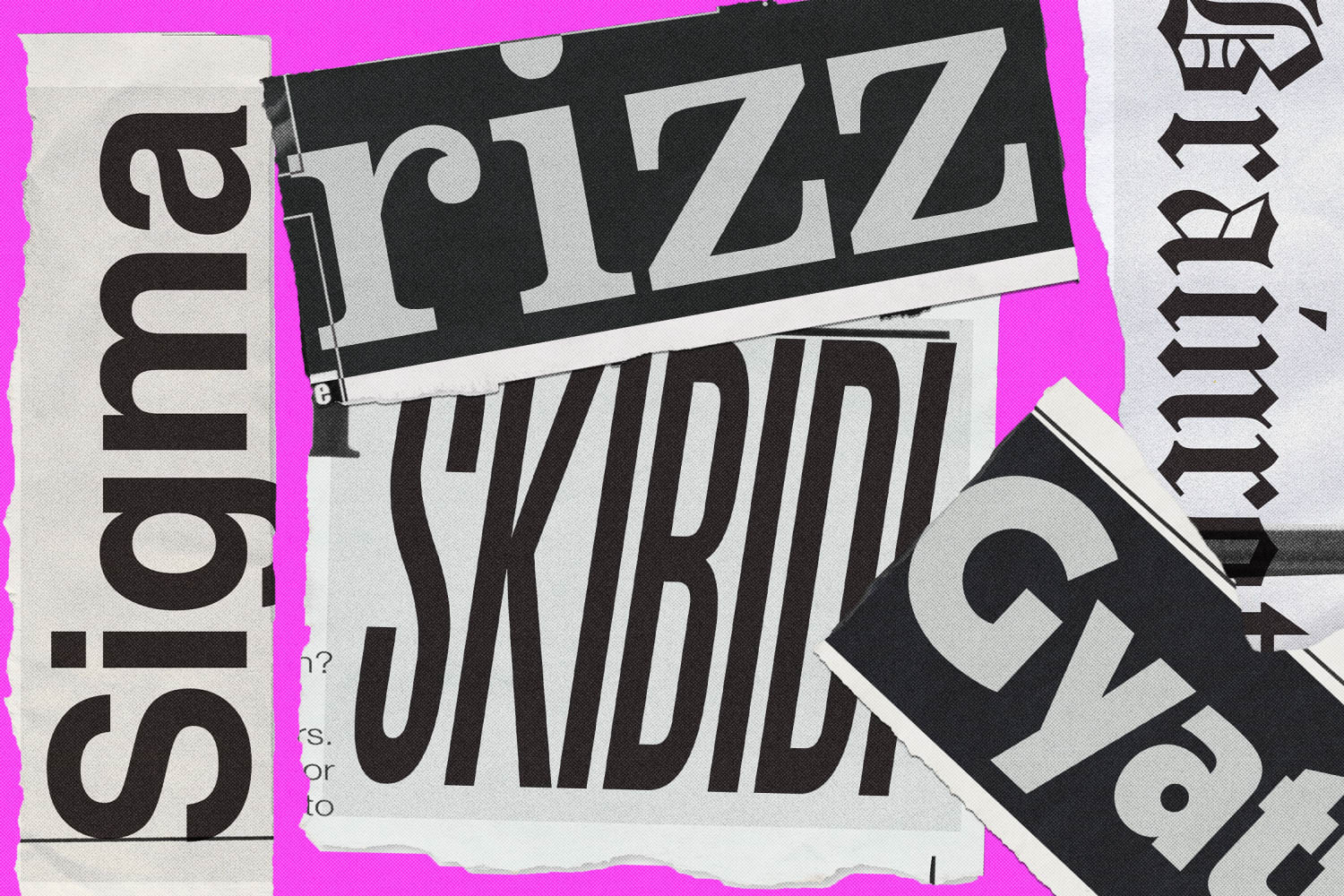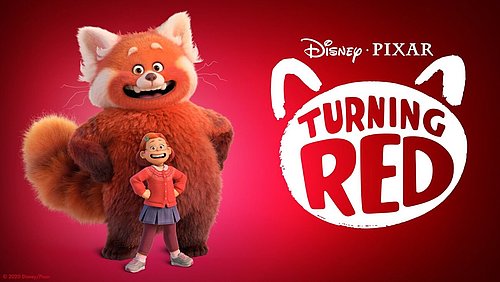
Lifestyle
Research | Social media | Marketing
Blog
Rizz, Suss, and Bussin': A Guide to Gen Alpha's Freshest Slang

Generation Alpha, born from 2010 onwards, are already shaping language and culture in distinct ways. Their slang is influenced heavily by social media platforms like TikTok, YouTube, and gaming, and it's often a mix of words from older generations with a fresh twist, as well as entirely new terms that reflect their digital lives. Here’s a breakdown of some of our favourite slang:
Bussin'
This word is used to describe something exceptionally good, especially food. If someone says, “This burger is bussin’,” it means the food is delicious and satisfying. It’s often paired with excitement, particularly in casual settings where friends are chatting about food.
Rizz
Short for charisma, "rizz" is used to describe someone’s ability to attract romantic interest. If someone says, “He has W Rizz,” it means the person is particularly smooth or charming. Alternatively, “L Rizz” refers to having no game at all.
Cap / No Cap
"Cap" is slang for lying or exaggerating, and “no cap” means telling the truth. For example, someone might say, “That was the best meal ever, no cap” meaning they genuinely believe it was the best.
Slay
This term is used when someone does something really well, or looks exceptionally good. Whether it’s an outfit or a task, “slay” is a compliment. For example, “She slayed her presentation today” means she did an excellent job.
Suss
A shortened version of “suspicious,” this word is used to describe something that seems off or questionable. If someone scores high on a test without studying, a friend might say, “That’s suss” because it seems suspicious.
NPC
Short for "Non-Playable Character," this gaming term is now used to describe people who seem to follow the crowd without thinking for themselves. If someone says, “He’s acting like an NPC,” they mean the person is behaving predictably as if they have no soul.
Simp
Originally from gaming culture, "simp" is used to describe someone who does too much for someone they like, often at the expense of their own self-respect. It’s generally used negatively, for example, “Stop being such a simp over that girl/boy; it’s not worth it”.
Mewing
This refers to the act of pressing the tongue against the roof of the mouth to define the jawline. Originally popularised as a facial exercise, it’s now a meme where people “mew” in photos to look their best.
Mogging
A term used to describe someone intentionally outshining others in terms of appearance or status. If someone is “mogging,” they’re the best-looking or most successful person in the room, often making others feel inferior.
Skibidi
Pronounced like “skippity,” has no inherent meaning. It can be used as a wacky adjective to mean cool, bad or dumb, depending on the context. It can also be used as a way to start a joking conversation in reference to absurd slang culture.
Gyatt
A slang term that can be used as an exclamation or a noun:
Exclamation: An expression of surprise, admiration, or excitement, especially when referring to a woman with a large butt. For example, “She walked in looking gyatt, everyone stared”.
Noun: A term for a person, usually a woman, with large buttocks and sometimes an hourglass figure. For example, “Did you see the models in that video? GYATT”.
As you can see, kids these days can be difficult to understand with their ever-evolving slang. If you’re trying to communicate with this audience, or simply want to stay relevant, knowing these terms can help bridge the generational gap. Whether it's navigating their love for "drip" or figuring out if someone is “mogging,” understanding how they talk can enhance your engagement efforts.
We can help you do just that. As kids and family experts, we’re equipped to ensure your message resonates with younger audiences. From decoding slang to developing tailored strategies, we’re here to help you speak their language and reach your audience more effectively.


